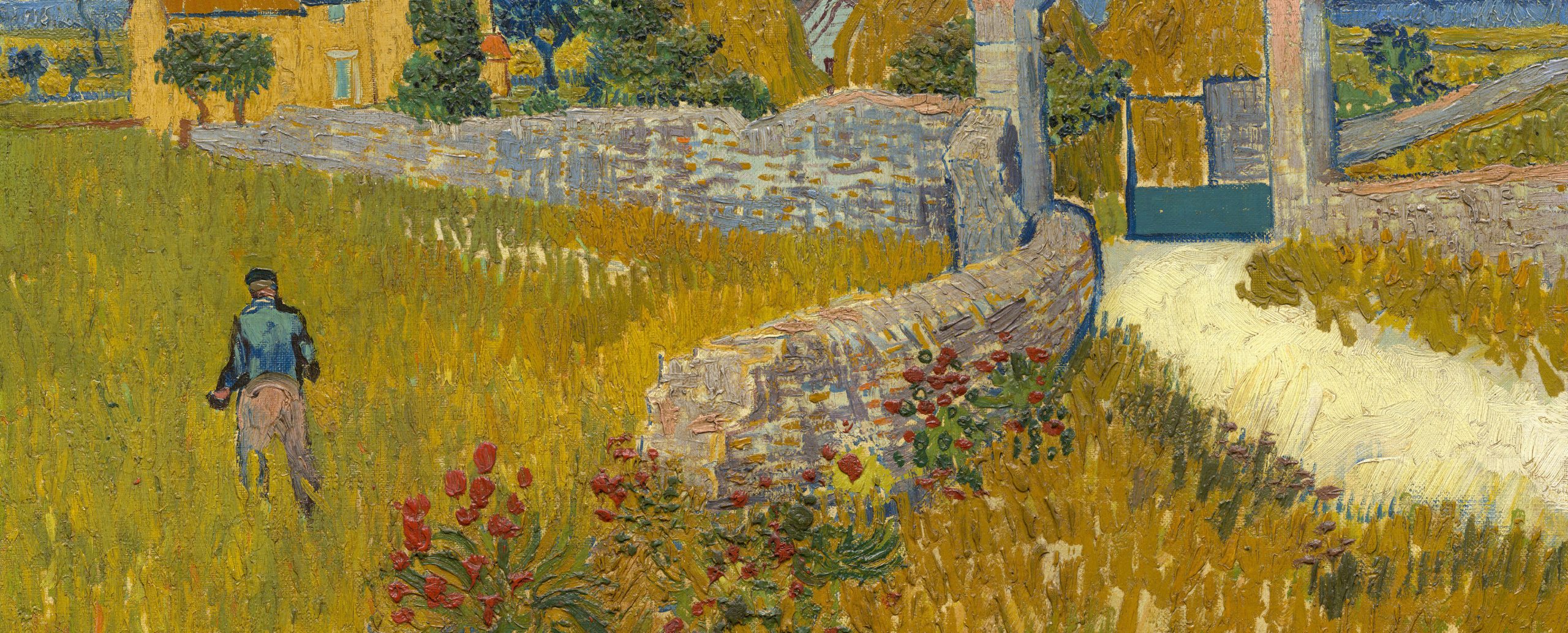[et_pb_section admin_label=”section”]
[et_pb_row admin_label=”row”]
[et_pb_column type=”4_4″][et_pb_text admin_label=”Text”][vc_row][vc_column extend=”false”][vc_column_text]
Responsibility is simply, our ability to respond—and building that ability.
On the farm, this is the care—both routine chores and larger projects—that we give to our growing crops.
Such care includes both reacting to threats (e.g. weeding) but also proactive preparation e.g. erecting scarecrows before birds arrive, installing drainage/irrigation in case of too much/too little rain)
Responsibility is not the same as responding. In fact, sometimes choosing not to respond develops—or preserves—our response-ability.[/vc_column_text][/vc_column][/vc_row][vc_row][vc_column extend=”false”][vc_single_image image=”27″ img_size=”large” onclick=”zoom”][/vc_column][/vc_row][vc_row][vc_column extend=”false”][vc_column_text]Another way to contrast responding with responsibility is thanks to Nobel Laureate Daniel Kahneman’s “System 1” vs. “System 2” (see his Thinking, Fast and Slow, 2011):
- Respond is fast, automatic, frequent, emotional, stereotypic, subconscious.
- Ability to respond is slow, effortful, infrequent, logical, calculating, conscious.
Of course, System 2 / Responsibility entails much more effort, which often isn’t sustainable over the longer term: i.e. dreaded lessening of our ability to respond. So, the solution is for System 2 to “delegate” work to System 1: see the FARM Hands (particularly, The Habitué & The Heuristician) for examples.[/vc_column_text][vc_column_text]
Responsibility is to keep the ability to respond
—Robert Duncan, poet The Opening of the Field
[/vc_column_text][vc_column_text]
The most fertile soil does not necessarily produce the most abundant harvest. It is the use we make of our faculties which renders them valuable. Talent, like other things, may lie fallow. —Thomas Wentworth Higginson
[/vc_column_text][vc_column_text]Responsibility should not be confused with duty. Nor with burden—except in the sense that lifting weights burdens muscles and aerobic exercise burdens the heart temporarily. By doing so, it develops the body’s ability to respond to stress and demands upon it.[/vc_column_text][vc_column_text]
A sense of duty imprisons you.
—Jenny Holzer, conceptual artist
[/vc_column_text][vc_column_text]Freedom’s flip side is responsibility. While freedom defines the spaces we have, responsible action is 1) within those spaces. 2) It also utilizes our gifts and talents, our seeds of potentiality. 3) And, looking forward to the final stage, it’s worthwhile.
Moreover, such actions are most likely to be sustainable: they engage us, they challenge enough that we avoid boredom, yet not too much which creates anxiety. This sense of engagement found between anxiety and boredom is commonly known as flow.[/vc_column_text][/vc_column][/vc_row][/et_pb_text][/et_pb_column]
[/et_pb_row]
[/et_pb_section]
